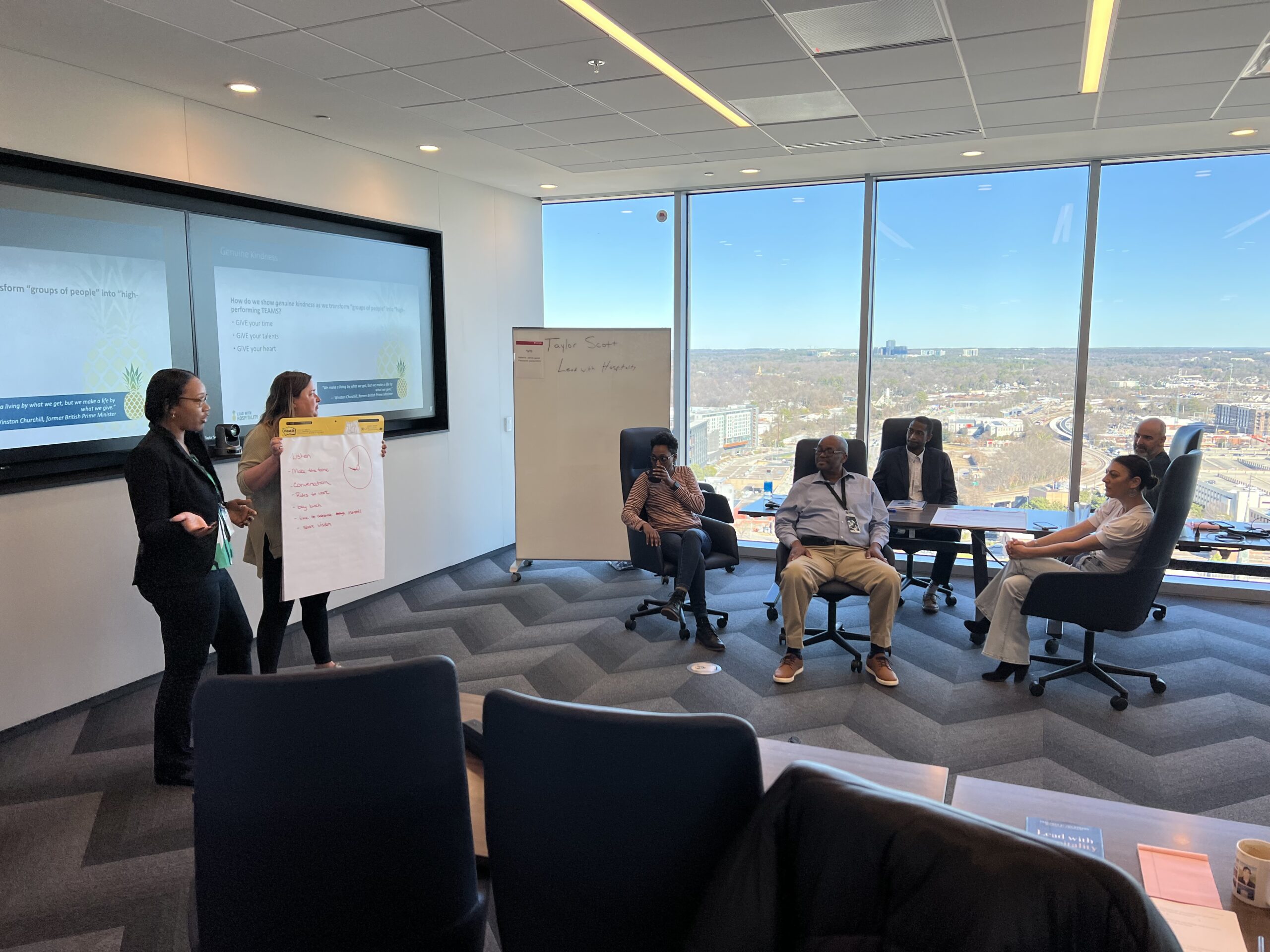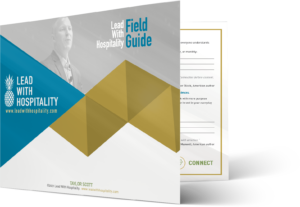Leading with Empathy: The “Y Me Path” Transformed
Worries, fears, doubts, and frustrations—emotions that are universally human. We’ve all found ourselves pondering these familiar questions:
“Why is this happening to me?” “Why does this always fall on my lap?” “Why me…”
In the tapestry of humanity, one common thread binds us together: our shared human experience. We all stumble, make mistakes, and grapple with thoughts, feelings, and emotions that occasionally overpower us.
However, the path we choose to follow, and the attitude we embrace, set apart the most exceptional leaders. These leaders possess a unique approach to life, one that nurtures positive mental attitudes and sets them apart from the crowd.
For instance, leaders perceive the same seven letters – Y Me Path – through a different lens. They rearrange those letters to form another word: E-M-P-A-T-H-Y.
Remarkably, a leader’s own frustrations, worries, doubts, and fears dissolve when they wholeheartedly engage with and lead others through their issues. Their focus shifts from self to others.
While leaders experience the same emotions as everyone else, they excel in managing them. Their calling to leadership stems from a genuine interest in others, a profound care for their well-being, and a commitment to serving their needs above their own.
Research has long attested to the extraordinary power of empathy in leadership. Psychologist and bestselling author Daniel Goleman defines empathy as the ability to understand and share the feelings of others. In “Primal Leadership: Realizing the Power of Emotional Intelligence,” Goleman, along with coauthors Richard Boyatzis and Annie McKee, expounds on six distinct leadership styles and their impact on the overall work climate.
Their extensive study involving over 4,000 leaders and their direct reports underscores the pivotal role of empathy in resonant leadership styles. The first four styles—Visionary, Coaching, Affiliative, Democratic—contribute to a positive and fulfilling work environment, termed “resonance.” In contrast, the final two styles—Pacesetting and Commanding—tend to create discord and negativity, labeled “dissonance.”
This research underscores that empathy is the single most prevalent and effective skill underpinning resonant leadership styles.
In summary, leaders emerge as “the leader” in any group because they inspire followership. Think of the person you’re compelled to follow at work or in your community. What makes them worthy of your loyalty? It’s likely their genuine interest in you, their focus on your well-being and future.
Before leaders can articulate an inspirational vision, they must first comprehend the perspectives and emotions of their followers. Empathy equips leaders with this essential understanding, ensuring their vision resonates with every team member.
Before leaders can effectively coach, they must be skilled listeners. Empathy fosters effective listening, leading to valuable feedback, coaching, and emotional connections that drive unprecedented positivity and productivity.
Before leaders can create harmony within a team, they must sense the feelings, needs, and perspectives of all members. Empathy motivates leaders to uplift spirits, keeping the team content with their genuine care and transforming them into a high-performing unit.
Before leaders can adopt a democratic approach, they must be attuned to a diverse range of individuals. Empathy, with its ability to comprehend others’ emotions and thoughts, enables leaders to leverage talent strategically, avoid misunderstandings, and nurture teamwork.
In essence, leaders who take a genuine interest in others, seek to understand their perspectives, and sincerely care about their well-being and future, radiate happiness and fulfillment. They shun the “Y Me Path” in favor of E-M-P-A-T-H-Y.
In the words of Theodore Roosevelt, “People won’t care how much you know until they know how much you care.”
Invest in your organization’s future by licensing our Lead with Hospitality content! With the “Passport to Inspire” package, you’ll empower your leaders and boost productivity. Click here to learn more.








